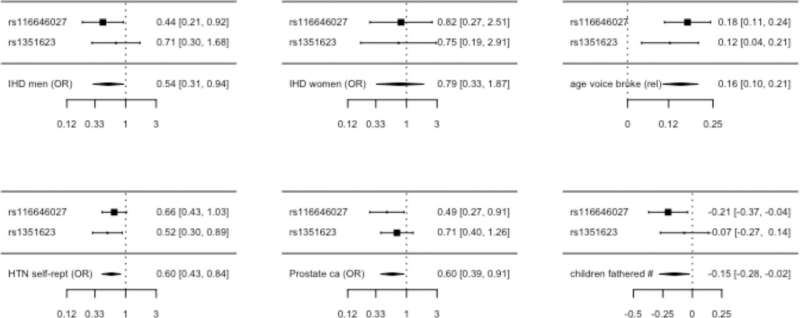
Men have higher rates of cardiovascular disease and cancer than women, which contributes to a substantially shorter life expectancy for men than for women—currently a difference of about five years in the United States.
Few public health interventions have been specifically designed to address this inequity. Recent research suggests sex hormones, particularly testosterone may play a role. One of the most commonly used drugs to prevent cardiovascular disease, statins, reduces testosterone and partially operates by that mechanism in men.
In a previous study, published in The Lancet, CUNY SPH Professor Mary Schooling suggested that an existing drug (neurokinin 3 receptor (NK3R) antagonists) could also be used to prevent cardiovascular disease in men. NK3R antagonists are currently being investigated as a potential treatment for menopausal symptoms in women.
In a new study in one of The Lancet family journals, EBioMedicine, Professor Schooling shows that NK3R antagonists do indeed reduce the risk of ischemic heart disease in men specifically. The study used a technique called mendelian randomization, which made it possible to assess likely drug effects indirectly by taking advantage of genetic differences that mimic the effects of a drug. An exploratory analysis suggested that NK3R antagonists might also protect men against prostate cancer.
Source: Read Full Article
